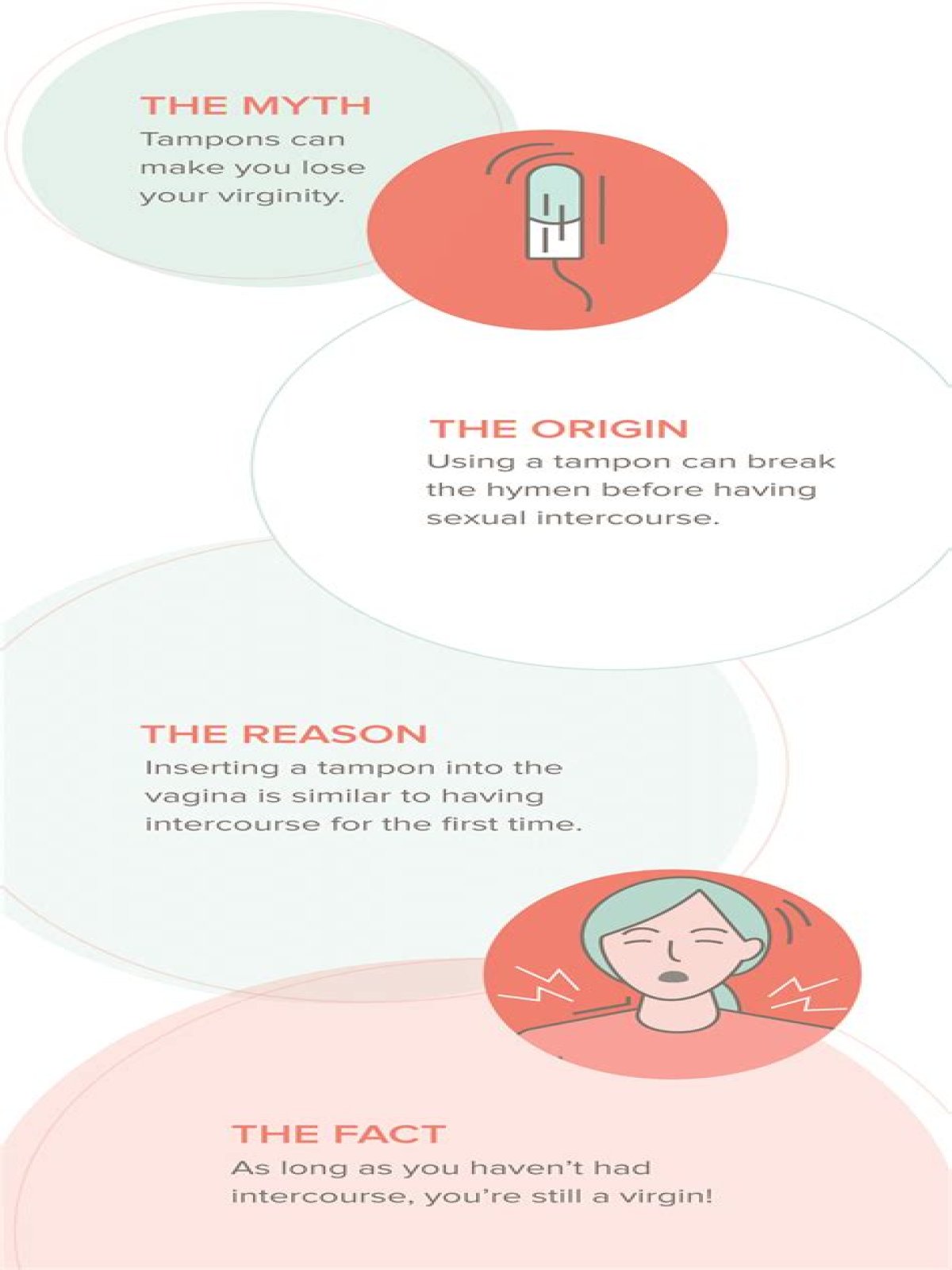There can be several reasons why inserting a tampon is difficult. One of the most common reasons is vaginismus. Vaginismus is a condition in which your vaginal muscles will tighten involuntarily, causing spasms and pain. Another possible reason it's difficult to put a tampon in could be vaginal stenosis.
the cervix deflects the tampon sidewaysIf the end of the tampon comes up against the cervix it can tilt off sideways into the 'cheek' area giving you inadequate protection and that 'half used' look when you remove it. The cervix is the opening to the uterus (womb). The cervix is the size and shape of a nose.
It shouldn't- Not if it's in correctly. It should be high enough in the vagina so you can't feel it at all in there. It takes some practice to get it in properly, but once you get used to doing it, it's easy.
It's completely normal to be nervous about trying your first tampon. Tampons are a little more complicated than pads so it's completely normal to be scared. When you learn more about how tampons and your body work, you'll become more comfortable and confident when inserting your first tampon.
The bottom line. While it's generally safe to sleep with a tampon in if you're sleeping for less than eight hours, it's important that you change tampons every eight hours to avoid getting toxic shock syndrome. It's also best to use the lowest absorbency necessary.
No tampon is not going to go drifting off around your body. However, if you think you have one missing, it will need to be removed pretty sharpish. A stuck tampon can cause discomfort, vaginal discharge, cystitis, a vaginal infection and, in rare circumstances, Toxic Shock Syndrome (TSS).
Can the hymen grow back if you don't have sex for a while and if so would that make you a virgin again? No, the hymen can't grow back once it's been stretched open. A virgin is someone who's never had sex. But people define “sex” and “losing virginity” in many different ways.
No, not always. Some women will bleed after having sex for the first time, while others won't. Both are perfectly normal. A woman may bleed when she has penetrative sex for the first time because of her hymen breaking.
Usually, the hymen looks like a fringe of tissue around the vaginal opening. It is not an intact piece of tissue draped across it. Some girls are born without a hymen, others have only a scanty fringe of tissue.
As if…). Nothing in catholic doctrine prohibits the use of hygienic devices of whatever kind, medical exams and any other non-sexual activity that concerns the genitalia. That includes tampons, menstrual cups, intravaginal untrasounds etc.
There are people who believe that if you're a virgin the hymen is intact, but this is totally FALSE. A woman loses her virginity the moment she has sex with another person, that is when there's intercourse. The hymen may or may not break during this activity due to its elasticity.
It's normal for some women to bleed after having sexual intercourse for the first time. Bright red in color, the bleeding is caused by stretching of the hymen until it tears. If the bleeding continues, it will turn dark red and trail off until it stops, typically within a few days.
The same rule of thumb goes for removal: Take a few deep breaths to relax your body and unclench your muscles. To remove the tampon, pull down on the string. There's no need to rush the process. To make it more comfortable, you'll want to keep a steady breath and pull gently.
Inserting it when you're not on your period would be uncomfortable. A dry tampon is also difficult to remove. If you're not on your period, you may forget to remove the tampon when you get out of the water, putting you at risk for Toxic Shock Syndrome (TSS).
And, if you've ever found yourself wondering if tampons make menstrual cramps worse, Dr. Melisa Holmes, OB-GYN, shares, “No they don't tampons have nothing to do with prostaglandin synthesis or the way they're used in the body.” Thank goodness!
During this sexual arousal, well-oxygenated blood is supplied to your genitals and breasts. As a result, the outer lips, inner lips and clitoris may begin to swell and your heart rate and blood pressure may also increase momentarily.
Tampons can be inserted through the opening of the hymen without changing the hymen as well. Sexual intercourse may stretch the hymen to make a larger opening or may cause a tiny tear or change in the shape of the hymen – sometimes this is called “breaking” the hymen, but it doesn't really break, it just stretches.
Swimming on your period with a pad is not advised. Pads are made out of absorbent material that soaks up liquids within seconds. Submerged in water like a pool, a pad will completely fill with water, leaving no room for it to absorb your menstrual fluid. Plus, it may swell up into a big soppy mess.
Tampons do not take your virginity, it's as simple as that. The first time you have sex will still be the first time you have sex.
